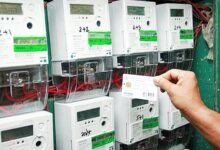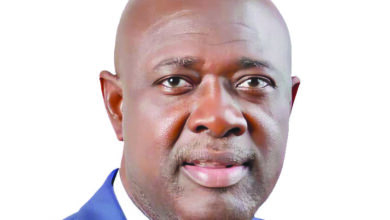Infrastructure, gas development will boost Nigeria’s prosperity – NNPC

The Nigerian National Petroleum Company Limited (NNPC) has assured of its commitment to develop the right infrastructure along with upscaling domestic gas to drive prosperity for Nigeria.
The Group Chief Executive Officer of NNPC, Mele Kyari, who disclosed this at the 2024 edition of Society of Petroleum Engineers Oloibiri Lecture Series and Energy Forum (SPE OLEF) held in Abuja, emphasised the critical importance of bridging the energy access gap to the creation of economic prosperity of the country.
He said: “We are committed to developing gas infrastructure across the country,” stressing that the company’s commitment was not just a statutory requirement of the Petroleum Industry Act, but a pledge to ensure energy security beyond fuel supply.
“We are dedicated to investing in critical infrastructure to enhance economic prosperity by supplying gas to the domestic market, targeting at least 8 billion cubic meters,” Kyaristated.
He listed some of the infrastructural projects being undertaken by the NNPC Ltd to help bridge the energy access gap in Nigeria to include the Obiafu/Obrikom/Oben (OB3) and Ajaokuta-Kaduna-Kano (AKK) pipelines, stating that they are designed to enhance the nation’s gas supply network.
On the global front, Kyari said NNPC was working on expanding gas supply to the international market primarily through the NLNG Train 7 project, while efforts were also being made to kick off Train 8 as well as the various floating LNG initiatives.
Kyari called for support in leveraging Nigeria’s abundant gas resources for economic prosperity, emphasising the need to bridge access gaps in electricity and clean cooking fuel.
He assured stakeholders and investors of the support of President Bola Ahmed Tinubu, whom he said is committed to the gas revolution.
Also speaking at the event, Chairperson of the Society of Petroleum Engineers (SPE) Nigeria Council and Head of Asset and Investments Management, NGPIS, Engr. Salahuddeen Tahir, emphasised the critical role of energy in modern society, stating: “It’s a trigger for essential services such as transportation, electricity generation, medical services, security, banking services, and communication.”
Tahir said there was a need to develop a diversified and sustainable energy transportation system as a measure for mitigating climate change and enhancing energy security.







